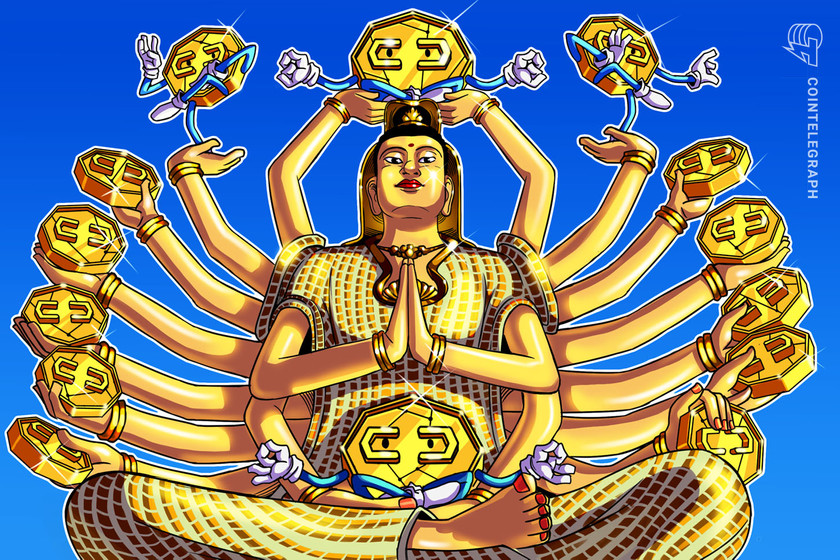

The country’s next general election will be held on May 14, at which time all 500 seats in Thailand’s House of Representatives will be up for grabs.
The Pheu Thai Party, a political party in opposition to the current prime minister’s in Thailand, has reportedly proposed giving nearly every citizen of the country roughly $300 in digital currency should it win the next election.
According to an April 7 report from the Bangkok Post, the Pheu Thai Party announced at an April 5 campaign event that it planned to give all Thai residents 16 years and older a stipend of 10,000 Thai baht — roughly $292 at the time of publication. One of the party’s candidates for prime minister, Srettha Thavisin, reportedly described the initiative as a stimulus project aimed at helping the local economy using blockchain technology.
The Pheu Thai Party vows to give 10,000 baht to all Thais aged 16 years and over via digital wallets on Jan 1, 2024 if it forms the next government. https://t.co/B6hntAL7jz pic.twitter.com/Zz82fw6FDm
— Bangkok Post (@BangkokPostNews) April 7, 2023
Thailand’s next general election will be held on May 14, at which time all 500 seats in the country’s House of Representatives will be up for grabs. Current Prime Minister Prayut Chan-o-cha, a member of the United Thai Nation Party, is eligible to hold his position until 2025 if selected, following a decision from Thailand’s Constitutional Court regarding his term limit.
Though crypto exchanges and trading are generally permissible in Thailand, the country’s Securities and Exchange Commission has been considering a ban on staking and lending services and established stricter rules for crypto custody providers. The country’s central bank also warned crypto investors in 2021 about stablecoins pegged to the baht.
With Thailand’s population at more than 70 million, roughly 50 million–60 million of whom are older than 16, the crypto project could cost the government anywhere from $14 billion to $18 billion.
Related: Thailand to offer tax breaks for investment token issuers
Thavisin’s plan to distribute funds equally to residents echoes that of United States presidential candidate Andrew Yang in the 2020 elections. Yang proposed that all eligible people in the U.S. receive $1,000 every month as part of a universal basic income initiative.
Magazine: Thailand’s crypto islands: Working in paradise, Part 1




